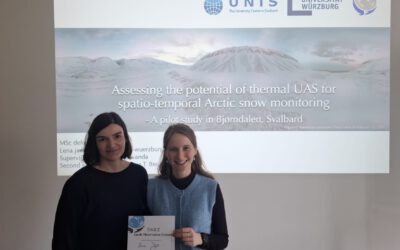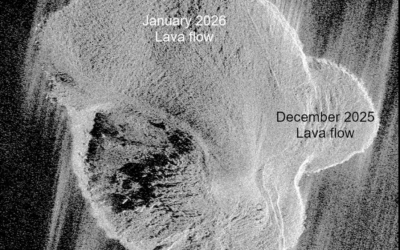Remote Sensing in Biodiversity and Conservation
our special session at ISRSE 2015, Berlin – May 11-15 got accepted
Satellite remote sensing is an important tool for improving our understanding of biodiversity condition and trends, along with drivers of biodiversity change. It is also increasingly a management tool for biodiversity conservation. The first use focuses on basic research for improved knowledge of what drives biodiversity in landscapes and seascapes, as the latter addresses more applied efforts for conservation. Although improved understanding supplies the knowledge base for successful conservation, the different objectives of the research and applied communities often mean that the information flow between these two groups is less than ideal.
We aim to highlight the dual potential of remote sensing for biodiversity research and conservation applications in separate but aligned sessions. These synergistic sessions would increase the linkages between these two communities and also serve to better integrate remote sensing science into the full spectrum of biodiversity research and conservation applications.
Based on experiences at other scientific conferences (e.g. the International Congress for Conservation Biology, the Zoological Society of London symposium on conservation remote sensing) we know that there is strong community interest in these topics.
These sessions will be accompanied by a variety of side-events organised by JMU, CEOS Biodiversity, GEO BON, and the Conservation Remote Sensing Network (CRSnet). The sessions would be organised jointly by JMU, CEOS Biodiversity, NASA, and DLR.
organised and chaired by Martin Wegmann, Matt Hansen, Woody Turner, Allison Leidner
more details on presenters soon









